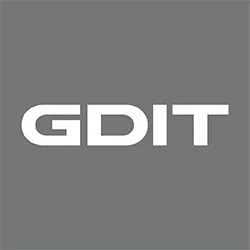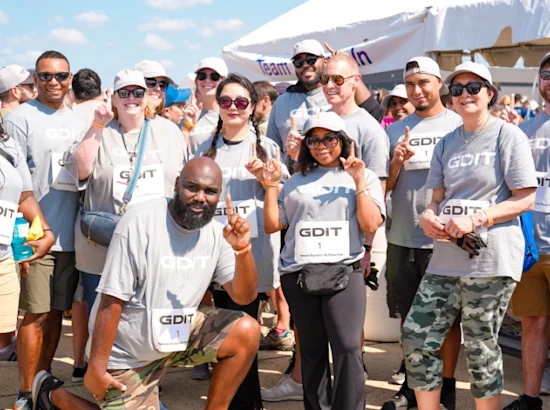Neurodiversity refers to the idea that not all brains work the same. Our brains take in information and perceive the world around us in a variety of ways; neurodivergent individuals see this information differently. Often, and especially in business settings, this diversity of perception can help groups tackle complex problems and arrive at an innovative solution.
The intelligence community is one arena where neurodiverse contributors can be especially valuable. These individuals often see things differently and have unique perspectives about social norms. Their ability to recognize detail, observe patterns and detect anomalies in behavior are precisely the types of skills that contribute to robust and effective analysis efforts.
That’s likely why the National Geospatial-Intelligence Agency (NGA) has announced the expansion of a pilot program to recruit neurodiverse talent, and the Intelligence and National Security Alliance (INSA) has been vocal about ways to promote neurodiverse hiring and accommodations within the intelligence community.
In fact, INSA recently partnered with the Rand Corporation to “understand the benefits that people with neurodivergence bring to national security; the challenges in recruiting, working with, and managing a neurodiverse workforce; and the barriers in national security workplaces that prevent agencies from realizing the full benefits of neurodiversity.”
Their report, Neurodiversity and National Security, revealed while neurodiversity, like other forms of diversity, can strengthen a national security organization, both neurodivergent candidates and employees can face challenges navigating careers in workplaces that were not designed with them in mind.
To overcome these challenges, the report proposes that employers consider accommodations such as the ability to select one's desk location or to change or remove light bulbs to reduce brightness, access to noise-canceling headphones, or periods of minimal or no interruptions. The report suggests that hiring managers modify job vacancies and hiring practices to attract neurodivergent candidates such as using concrete, jargon-free language in job descriptions, eliminating unnecessary requirements, and updating the interview process to align with industry best practices for neurodivergent hiring. Finally, the report recommends that employers focus their attention on neurodiversity organization-wide by educating all employees about neurodiversity and related accommodations through means such as training, speakers, and affinity groups.
The reality in the intelligence community and beyond, diversity includes many characteristics– from race, ethnicity, gender, neurodivergence and beyond – and every category of difference is of value.
The GDIT point of view is that to deliver innovative solutions and mission success to our customers we must ensure every team member can contribute their best. That’s why we work every day to foster an inclusive culture, embrace differences and create safe spaces for people to bring their authentic selves to work.
We are committed to growth and learning. We are building partnerships with organizations like Melwood, that develop best practices for more adaptive cultures. We continue to explore partnerships with companies with neurodivergent professionals that can contribute to our programs immediately, while we attract and cultivate our neurodiverse workforce. We also harness the insight from our employee resource group, Ability First that is focused on disability and inclusion.
For us to live up to our aspiration of delivering “the art of the possible,” widening the number of perspectives contributing to both the art and the possible conditions us to think about solving problems in new ways – and in better ways.






